Aliquots
-

Polymer protection for heart muscle
Vanderbilt researchers demonstrate that the polymer P188 has promise as a therapy to prevent reperfusion injury — the cellular damage that occurs when blood flow returns after an ischemic event like a heart attack. Read MoreDec 14, 2020
-

Model students: improving clinical decision-making
Vanderbilt investigators have devised a system to alert health IT teams to deteriorating performance in clinical prediction models. Read MoreDec 10, 2020
-

Exploiting viral vulnerabilities
The isolation of human monoclonal antibodies against dangerous viruses including EEEV, Hendra and Nipah could offer new ways to treat and prevent these infections. Read MoreDec 10, 2020
-

A cohort for type 2 diabetes studies
A study group of more than 600,000 patients with type 2 diabetes, identified from electronic medical records in the PCORnet national research network, could be valuable for assessing the safety of type 2 diabetes drugs. Read MoreNov 17, 2020
-

Imaging “biomarker” for Alzheimer’s disease progression
Changes in connectivity in the brain’s white matter may be a novel neuroimaging biomarker for assessing Alzheimer’s disease progression. Read MoreNov 16, 2020
-
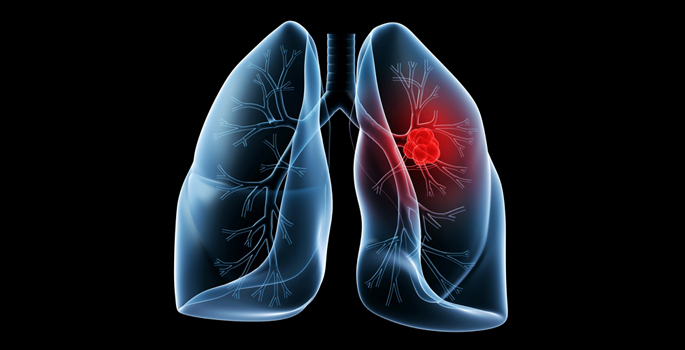
New therapeutic target for lung cancer
Vanderbilt researchers have identified a new molecular partner — and potential therapeutic target — in a signaling axis that drives lung cancer. Read MoreNov 12, 2020
-

Breast cancer treatment in older women
A new study from Vanderbilt epidemiologists suggests that it’s time to reconsider clinical practice guidelines for the treatment of early-stage breast cancer in older women. Read MoreNov 12, 2020
-

New treatment for a rare obesity
Diabetes drugs known as GLP-1 receptor agonists, such as exenatide (Byetta), are a promising and safe treatment for a rare form of obesity. Read MoreNov 3, 2020
-

Frog peptides as anti-HIV microbicides
Peptides derived from the antimicrobial peptides secreted by frogs could function as microbicides to limit HIV transmission, while sparing protective vaginal bacteria. Read MoreNov 2, 2020
-

Histamine circuits in brain reward center
Histamine — commonly associated with allergies — also has a signaling role in the brain’s reward center and may offer a novel target for treating addiction. Read MoreOct 29, 2020
-

New markers of colorectal cancer risk
Vanderbilt epidemiologists identified new markers for colorectal cancer risk and characterized a previously unidentified tumor suppressor that regulates overall tumor volume in vivo. Read MoreOct 29, 2020
-
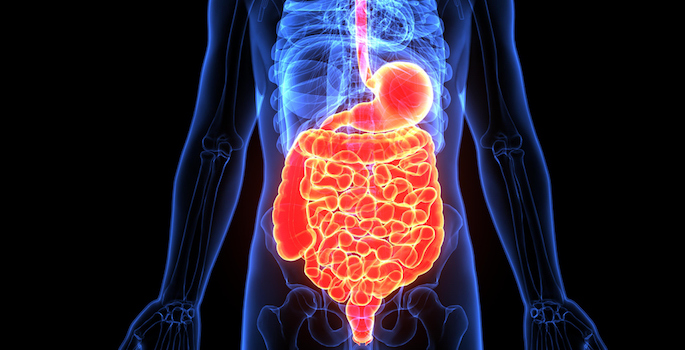
Preserving gut mucus architecture
A new method that keeps microbes and gut cells together will be useful for studies of complex host-microbe interactions and for analysis of clinical specimens. Read MoreOct 20, 2020
-

Depression and the brain-age gap
Older depressed adults show accelerated brain aging, according to a new study from Vanderbilt researchers, who suggest that the effects of depression may speed the decline in cognitive functions in older individuals. Read MoreOct 19, 2020
-

Possible COVID-19 “decoy”
It might be possible to use vesicles carrying the receptor for SARS-CoV-2, the virus that causes COVID-19, to bind the virus and prevent infection. Read MoreOct 15, 2020
-
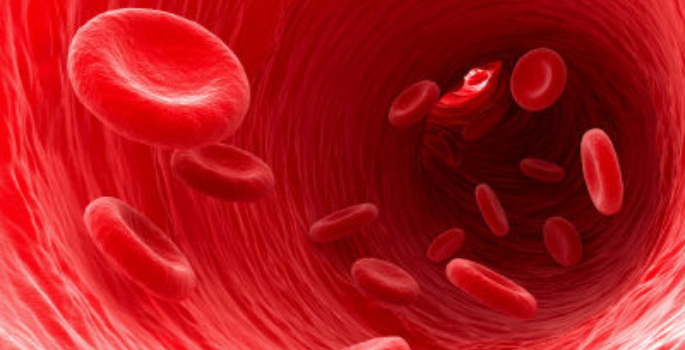
Brain blood vessel response to hypoxia
The brain’s response to low oxygen — growth and remodeling of blood vessels — involves certain cell types and molecular pathways, Vanderbilt researchers have discovered. Read MoreOct 15, 2020
-
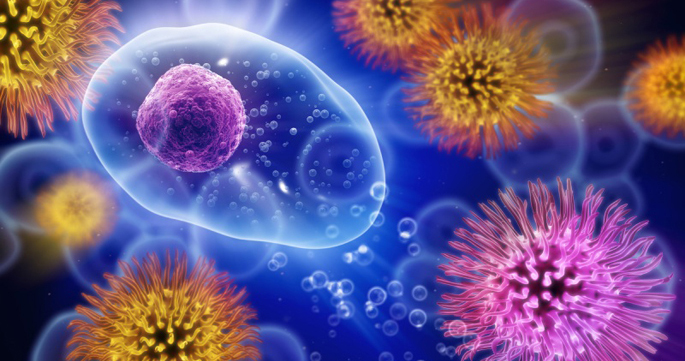
Early steps in reovirus replication
Conformational change in a reovirus surface protein modulate the virus’s attachment to host cells, Vanderbilt researchers have found. Read MoreOct 6, 2020
-
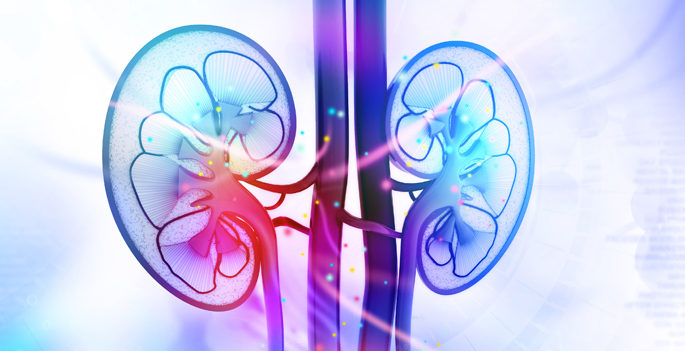
Clue to diabetic kidney disease
Vanderbilt researchers have identified a signaling pathway that promotes kidney fibrosis in patients with diabetes — and that could be targeted with an existing approved medication. Read MoreOct 5, 2020
-
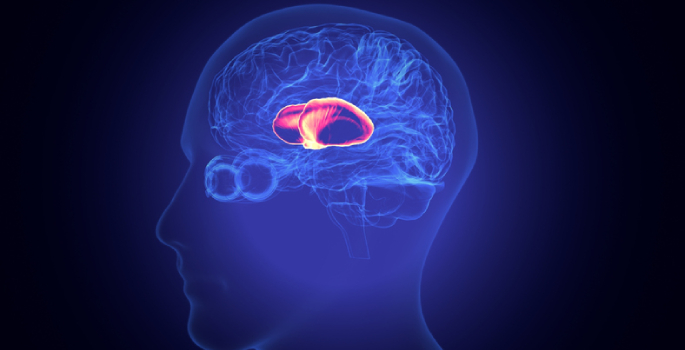
Pinpointing brain changes in psychosis
Specific regions of the thalamus — a central brain region — are smaller in adults with psychotic disorders and youth at risk for psychotic disorders and are associated with cognitive impairment. Read MoreOct 1, 2020
-
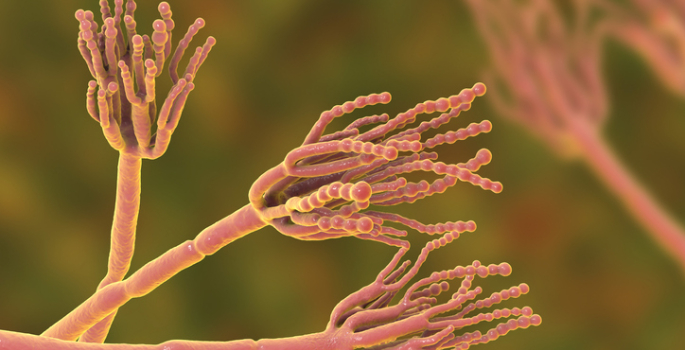
Genes spell penicillin allergy risk
Studies using large DNA biobanks revealed genetic variants associated with penicillin allergy, the most common type of drug-induced allergic reaction. Read MoreOct 1, 2020
-
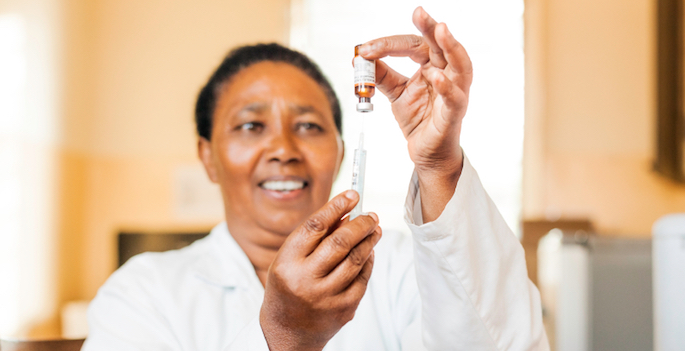
Rational vaccine design
Understanding immunity generated by smallpox vaccine may hold lessons for COVID-19 vaccine development. Read MoreSep 22, 2020